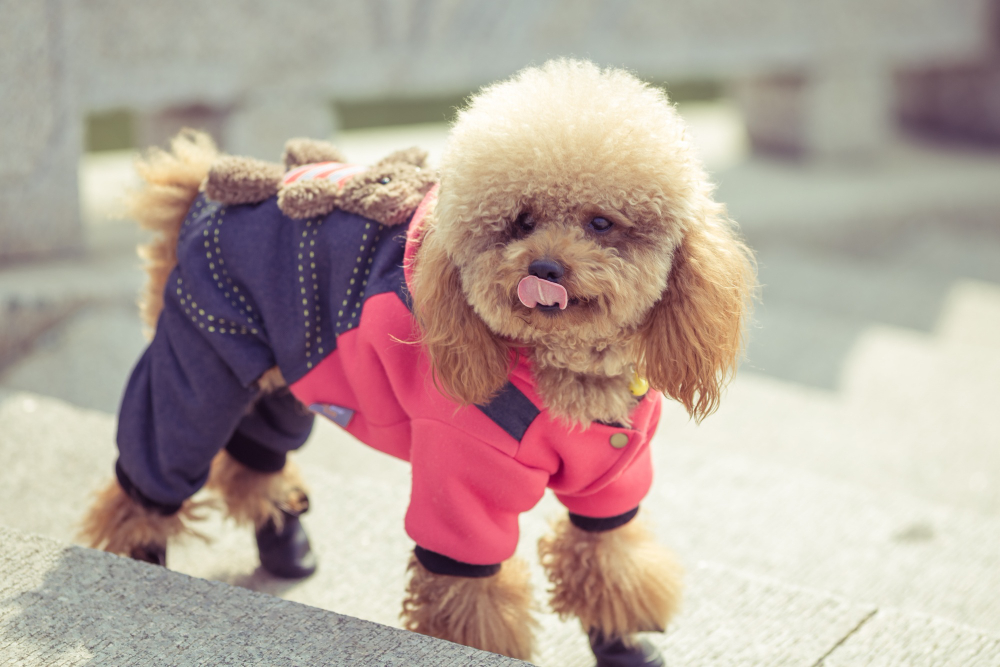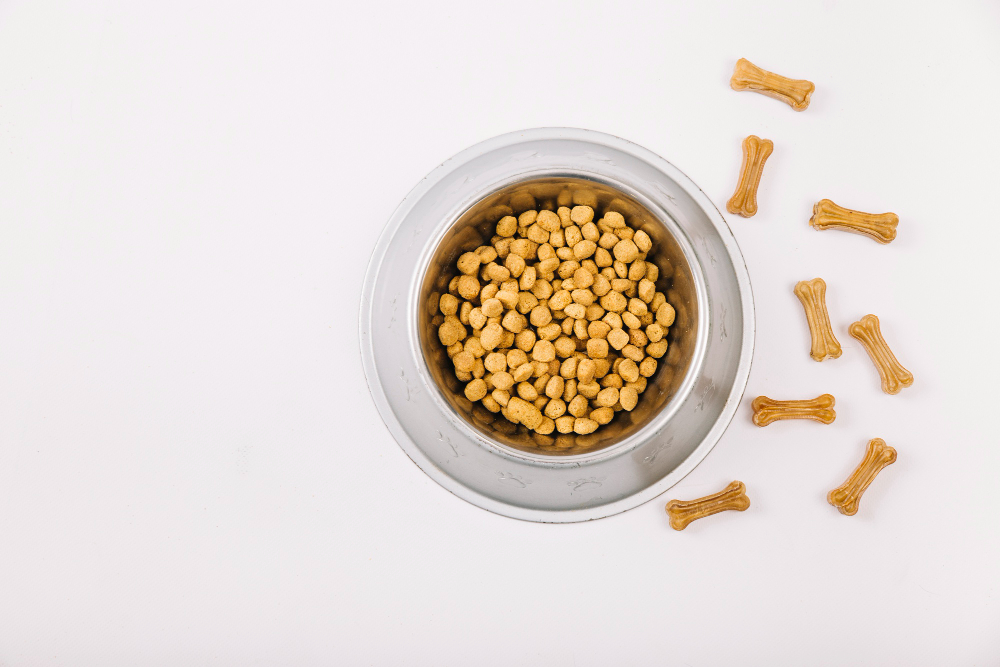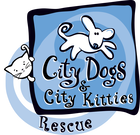Adopting a dog or puppy is a huge commitment of time, money, and energy. Prior to applying make sure you are ready to commit to caring for them for their lifetime (10-15 years) and work with science-based positive reinforcement trainers as they mature through their various stages of development. Before bringing a puppy or dog home, consider the adjustments you will need to make to your lifestyle, home, and schedule.
Puppy Gear

- Martingale collar with breakaway clip
- Leash
- Harness
- Identification tag
- Crate
- Crate pad or bed (puppies chew, so old towels and blankets are good interim choices)
- Food and water bowls (stainless or ceramic are best)
- Quality puppy food until they are a year old.
- Chew toys
- Chew treats
- Pee pads
Basic Care and Medical
Food and Water
Water: Fresh water should be available throughout the day.
Type of Food: Feed a breed/size appropriate food with special consideration for the type of food you provide large breed dogs to help prevent hip dysplasia.
You should be able to feel but not see their ribs, and they should have a visible waist when you look down at them. If they are potbellied, they most likely have worms.
Schedule: Feed at set times each day. Do not leave food out for free feeding.
- Puppies under 12 weeks old will most likely need to eat 4 times/day.
- After 12 weeks they can transition to 3 times/day.
- By 6 months of age, they can eat twice per day.

Vaccines and Dewormer
Basic vaccination and deworming schedule for puppies rescued 10 weeks or younger.
Puppies rescued by our group will receive some vaccines prior to adoption. If they are not fully vaccinated or have not been spay/neutered or fully dewormed, the adopter is responsible for their continued care.
*DHLPPC
First vaccination: 6 to 8 weeks
Second vaccination: 9 to 11 weeks
Third vaccination: 12 to 14 weeks
Fourth vaccination: 16 to 17 weeks
Booster shots: every 12-36 months depending on type of vaccine (1-year or 3-year)
Bordetella
First vaccination: 14 weeks
Booster shots: 6 months
Rabies
First vaccination:
DC, MD, VA is 16 weeks (varies by state)
Booster shots: 12-36 months depending on type of vaccine (1-year or 3-year)
Deworming
Every 2 weeks until 3 months of age, starting at 2 weeks old.
Once a month from 3 to 6 months of age.
*Puppies rescued at an older age (11 weeks+ might only require two boosters instead of the standard 4 boosters given their age
Behavior and Training
A newly rescued puppy will most likely:
- Not be potty trainined
- Chew anything and everything. Puppies are very curious and the most unassuming thing to you can become the most fascinating thing to them (outlets, threads, wires, etc.)
- Bark and whine when left alone
- Get bored easily
- Nap often
- Need to potty after eating
Puppy Socialization
Paul Owens, professional dog trainer author of The Dog Whisperer books, states that “socialization does not mean putting a dog in a new situation and seeing what happens. Socialization means introducing new situations and making them safe, positive, confidence-building experiences.”
Puppies who have not received their 2nd DHPP vaccine should not venture out in public areas as they are susceptible to both distemper and parvo. Both can be fatal illnesses.
Expose your puppy to:
Different surfaces: grass, leaves, concrete, gravel, linoleum, carpet, wood, sand, etc.
Different sounds: think of all the everyday sounds around your home, including hairdryers, phone ringtones, radios, vacuum cleaners, etc. Make each noise exposure a positive experience by acting happy around the sound and associating the sound with yummy treats, and watch your puppy for any signs of stress.
Other dogs: Choose dogs you know are vaccinated and well-mannered to schedule play dates.
Other people: Members of your family, friends who have stayed isolated, looking out the window at people walking by, car rides, and let your puppy see you act happy about those people.
Puppy socialization groups: Sign up for puppy socialization groups through local trainers. These are low cost ways to socialize your puppy in a low risk environment with a professional.
